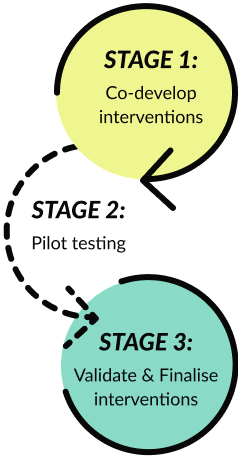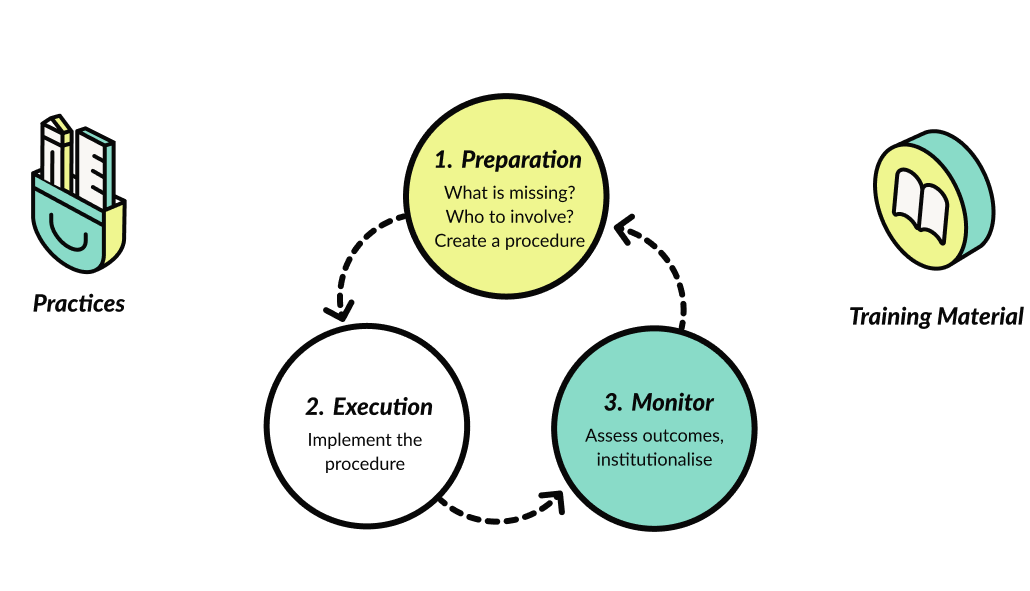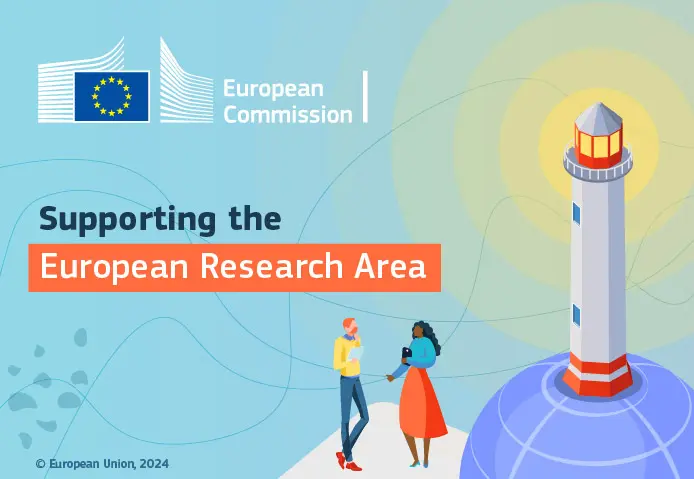Map & Engage Stakeholders
Workshop for the running of the (SAB).
Building reproducibility on transparency, collaboration, democracy, and context-sensitive framework
Let's shape a future where research is not only innovative but also trustworthy, transparent, and inclusive
Join NowTRUSTparency is a three-year EU-funded project that aims to improve the trustworthiness of research by fostering transparency, collaborative policy-making, and field-specific approaches to reproducibility, empowering stakeholders to promote research integrity across disciplines.

Development of a cutting-edge knowledge based on reproducibility interventions and mapping disparities across institutions, KPMs, and countries.
TRUSTparency starts its creative journey by compiling and structuring a comprehensive knowledge base on existing reproducibility interventions. This knowledge base is being built, among other sources, upon the outputs of TIER2, OSIRIS, and iRISE projects (funded under HORIZON-WIDERA-2022-ERA-01-41). This knowledge base will be used as one of the core elements for developing, pilot testing, and optimising the Reproducibility Promotion Plans for research performing and funding organisations, and publishers.
Sound science and policymaking require trust in the Process.
Transparency is the basis of trust.
Effective policy making demands inclusivity and (disciplinary) diversity.

Workshop for the running of the (SAB).
Training workshop on comCensus platform & 1st event of the Mutual Learning Exercise (MLE).
3 expert workshops & 2 co-creation workshops on training materials conducted.
Start of pilot testing.
End of pilot testing.
Pilot testers interviews conducted.
2nd event of the Mutual Learning Exercise (MLE).

We support the European Research Area aimed at creating a single, borderless market for research, innovation and technology in the EU.
The European Research Area